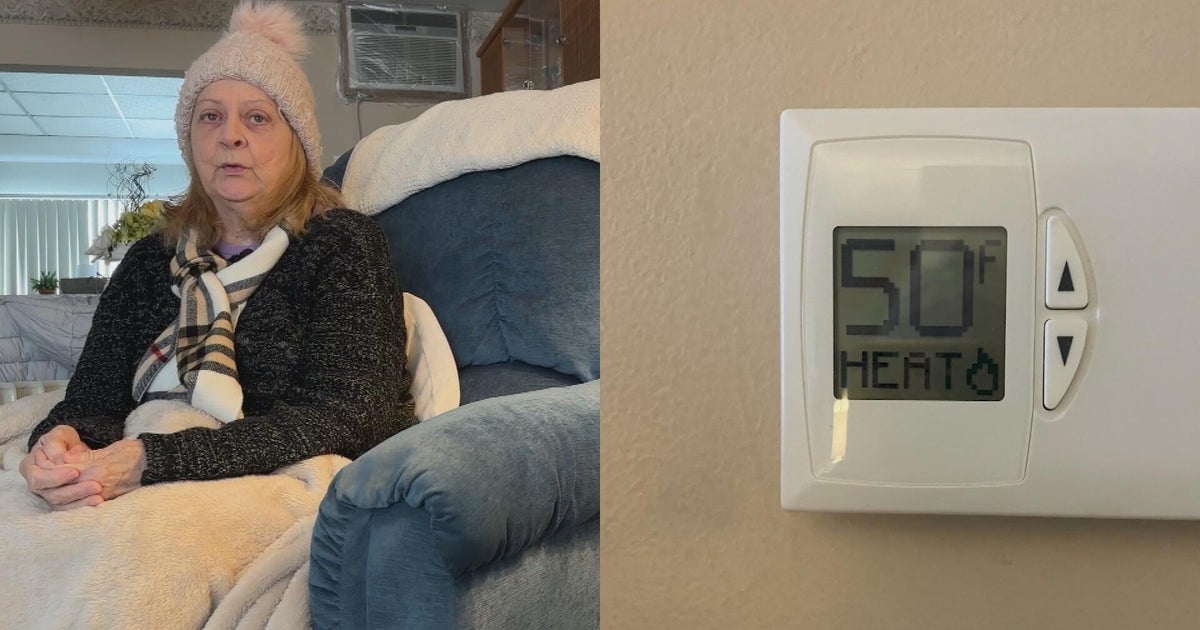How to handle sickness after spending time with others during the holiday season
PITTSBURGH (KDKA) -- We're approaching a week since Thanksgiving, and now you might be getting word from those you celebrated with that they're sick. It's inevitable that people get sick during the holidays -- but how long is it before you're out of the woods?
By its nature, the Thanksgiving holiday and everything that comes with it is close contact stuff.
At the dinner table, sitting around catching up, and even shopping together, we're sharing the same air and all it brings, and now they're sick, and many might assume it's COVID.
"It could be the flu it could be plain old pneumonia, it could be bronchitis," said AHN Internal Medicine Dr. Randolph Peters. "The whooping cough is not fun either. There could be many things."
All are possibilities, which is why testing for COVID is critical, as well as the timing of it.
"The test is not reliably accurate until day five or six," Dr. Peters said. "If you test on day one and you're positive, good enough."
Assuming your now sick fellow celebrator confirms they have COVID, 10 days is how long you need to worry until you're out of the woods, according to Dr. Peters.
The CDC says you should wear a high-quality mask, an N95, or any tight-fitting mask and do so for 10 days.
If it's the flu, the sweat-it-out period is 3-4 days.
If it's confirmed RSV, a week would be pretty reasonable.
And if they have a cold, you'll know if you caught it.
"For the vast majority of people it will be 3-4 days," Dr. Peters said. "You'll have relatively mild symptoms, and it will go away about as quickly."
Dr. Peters adds that a cold can linger for 7-10 days or be over in 24 hours because everyone is different.
When it comes to whether or not you should proactively take something to ward off what might be coming, a lot of people believe in a heavy dose of vitamins or zinc.
Dr. Peters says those are good for your vitamin deficiencies, but probably won't ward off the illness.
Treat it when it comes, if it does at all.







